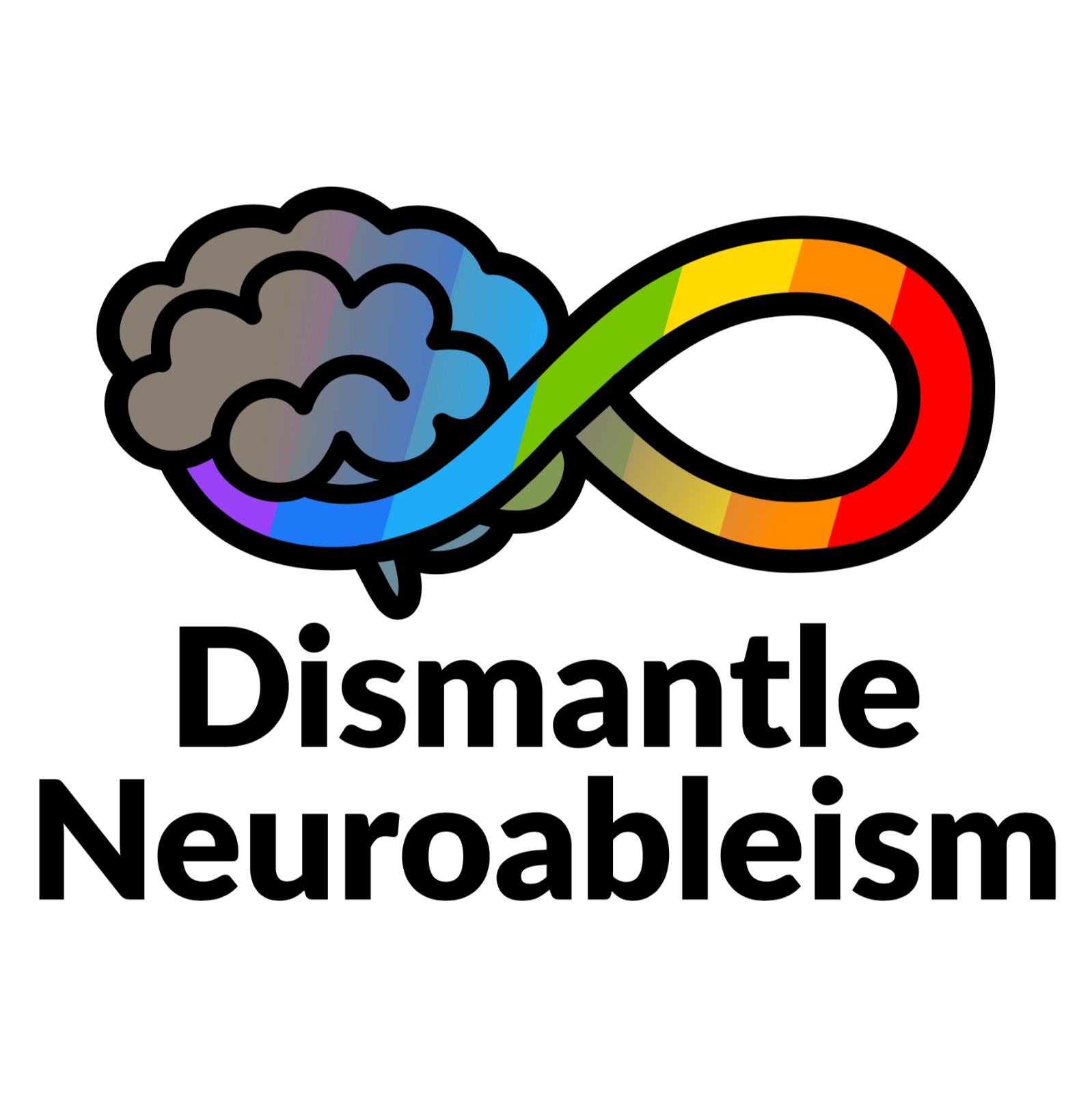Dyslexia
What it is Dyslexia:
Dyslexia is a different type brain processing that involves difficulty in learning to read and in interpret words, letters, and other symbols.
Dyslexia causes some people to view objects, including text, in 3D models or in other ways, such as in too much lighting.
There are different forms of dyslexia, but for example, for someone that sees text in 3D, our brains will pick up each letter and see it from different angles, but then, while reading and writing, have to put the letters back down and sometimes to often how we put them back down isn’t the correct order and/or the letters are flipped, so a “p” may become a “b.”
Communication-style:
Our communication style is just like anyone else’s only that we may misspell things and/or use the wrong but similar sounding words, like if one is also verbally dyslexic like myself. Example, I was cooking with my parents and asked my mom where the scapula is, not spatula. Had this never been corrected I would have continued to use that word. Couple this with spell check and often spell check can’t even find the right words because our phonetic version of the word is way off base. Or we may end up using a completely wrong word all together.
What it may read like to neurotypical people:
Imagine learning how to write and read in French, and then being asked to write an essay in it, after being up for over 24 hours, then having people get on your case for not spelling words correctly and mocking you and/or calling your character into question.
Dyslexic people may spell incorrectly, use the wrong word, or have difficulties with reading, but dyslexia has no bearing on someone’s intelligence.
How to communicate most efficiently with a dyslexic person:
Understand we will use the wrong word, may be slow in reading, will misspell words, and that just as you wouldn’t mock someone with a physical disability when they struggle to do something, nor tell them how to do it in a snarky tone, don’t do that with us.
If you want to help make written content accessible, there are dyslexic-friendly fonts, such as OpenDyslexic, to help do just that. The letters of this font are formed in a specific way that helps dyslexic people with some common reading issues.
***
Note: we plan to create dylexic-friendly pages on this site, as soon as we can figure out how since we are not webdesign experts, so coming soon (hopefully!).
